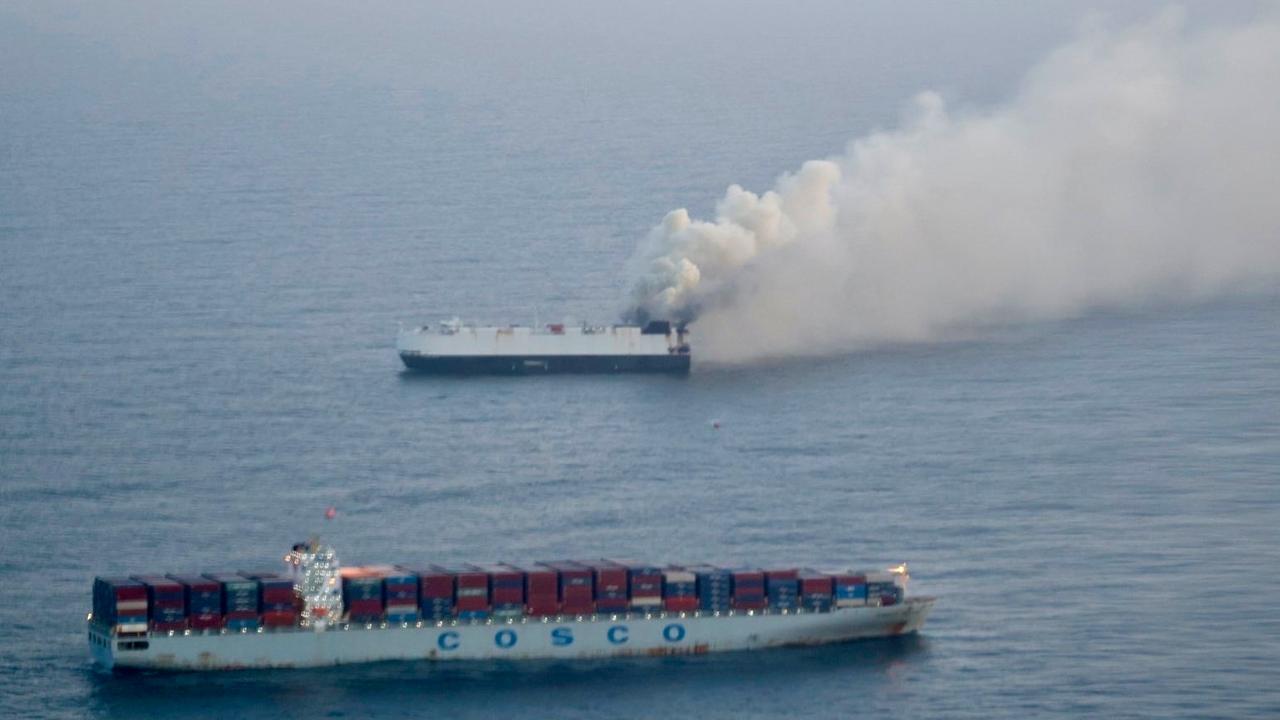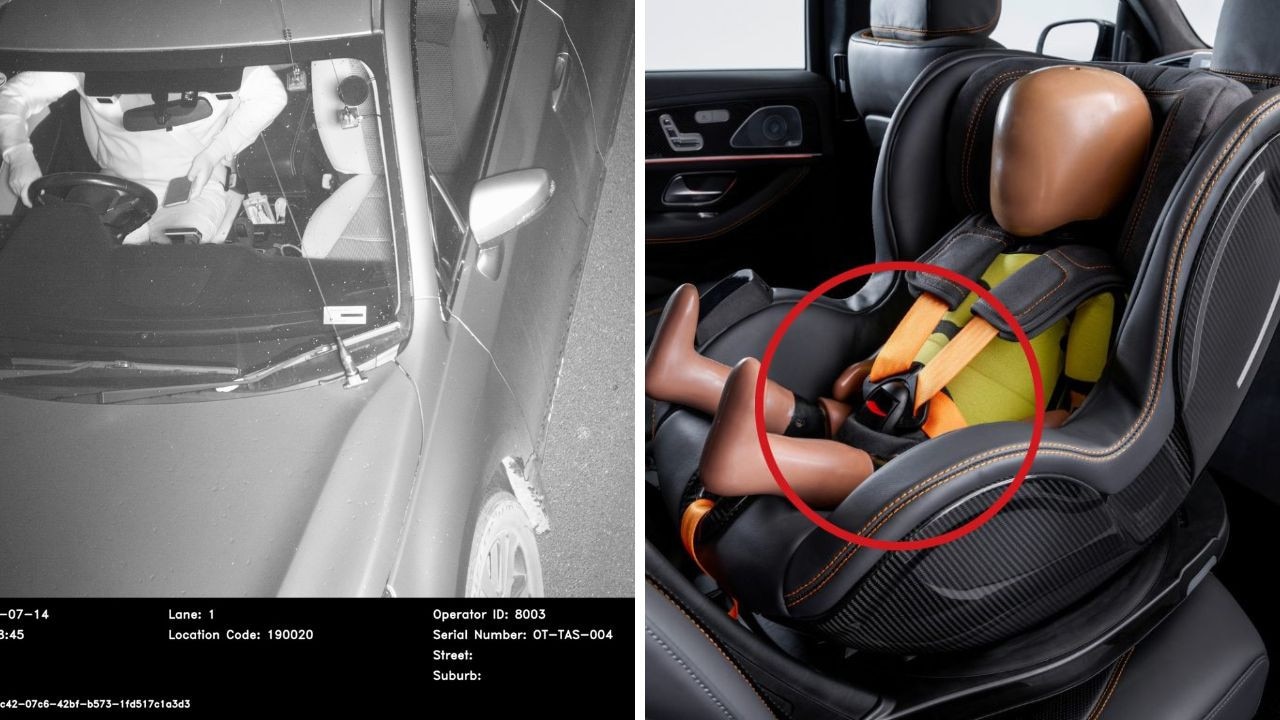Toyota recalls C-HR over potential fire risk
A fuel pump problem that could have catastrophic consequences has led to the recall of thousands of softroaders made by a top manufacturer.
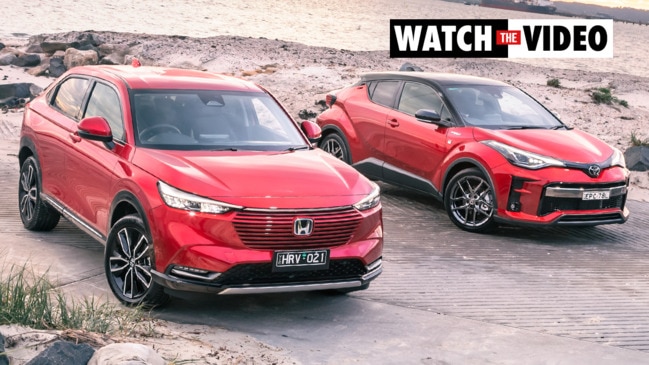
Toyota has issued a recall for its C-HR SUV due to a fire risk.
The brand says the fuel pump in the popular compact softroader may wear and fracture the welded area of the pump, which could lead to a fuel leak in the engine compartment.
The recall notice says the leak could result in an engine bay fire.
“A vehicle fire could increase the risk of injury or death to vehicle occupants, other road users or bystanders,” the notice says.
More than 14,000 vehicles, built between 2019 and 2023, are affected by the recall.
Toyota says the problem could cause a fuel odour in the car when driving.
The brand will contact affected owners in writing, asking them to make an appointment at their preferred Toyota dealer for an inspection.
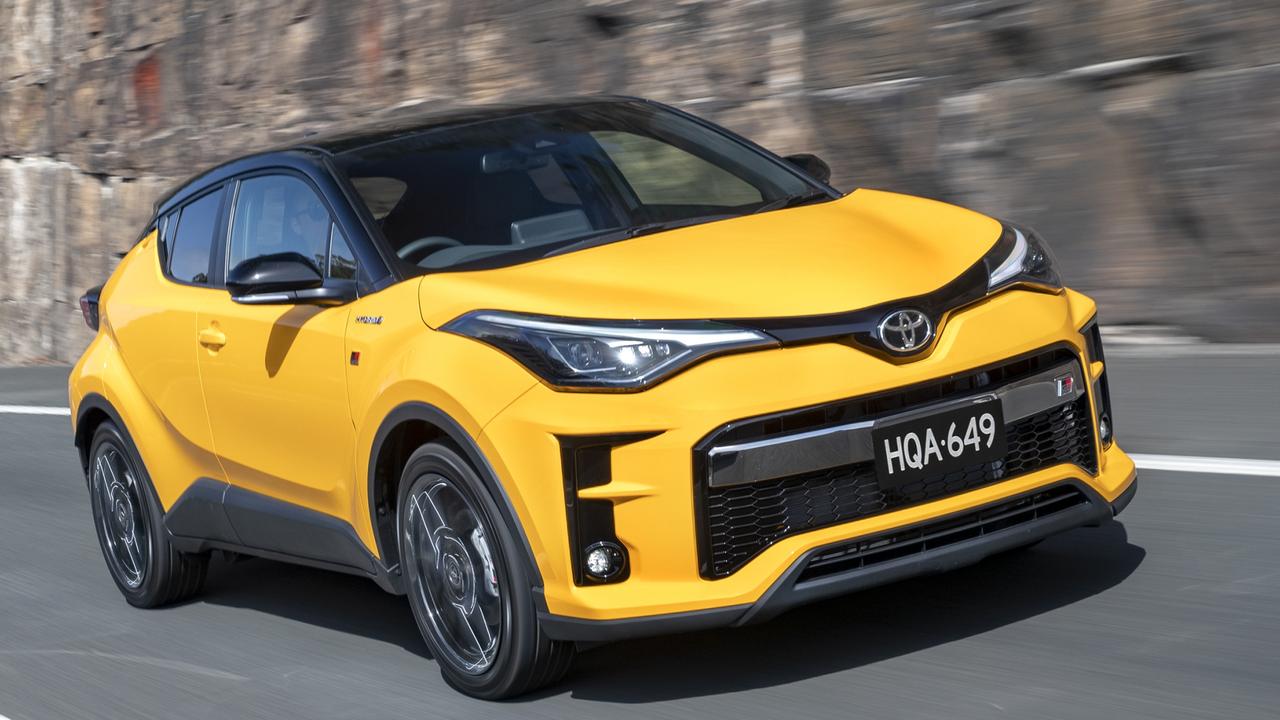
If necessary, the pump will be replaced free of charge.
Affected owners can contact Toyota on 1800 987 366 or via email at recallsupport@toyota.dataresponse.com.au.
The Toyota website also has details about the vehicles involved.
The recall is the fourth in the past four months for Australia’s top-selling brand.
In June it recalled almost 1000 units of its new Corolla Cross compact SUV due to a problem with the vehicle’s electronic handbrake.
That same month it recalled more than 7500 Yaris hatchbacks over potential cracks in the front lower suspension arms that could cause the suspension to collapse, resulting in a sudden loss of steering control.
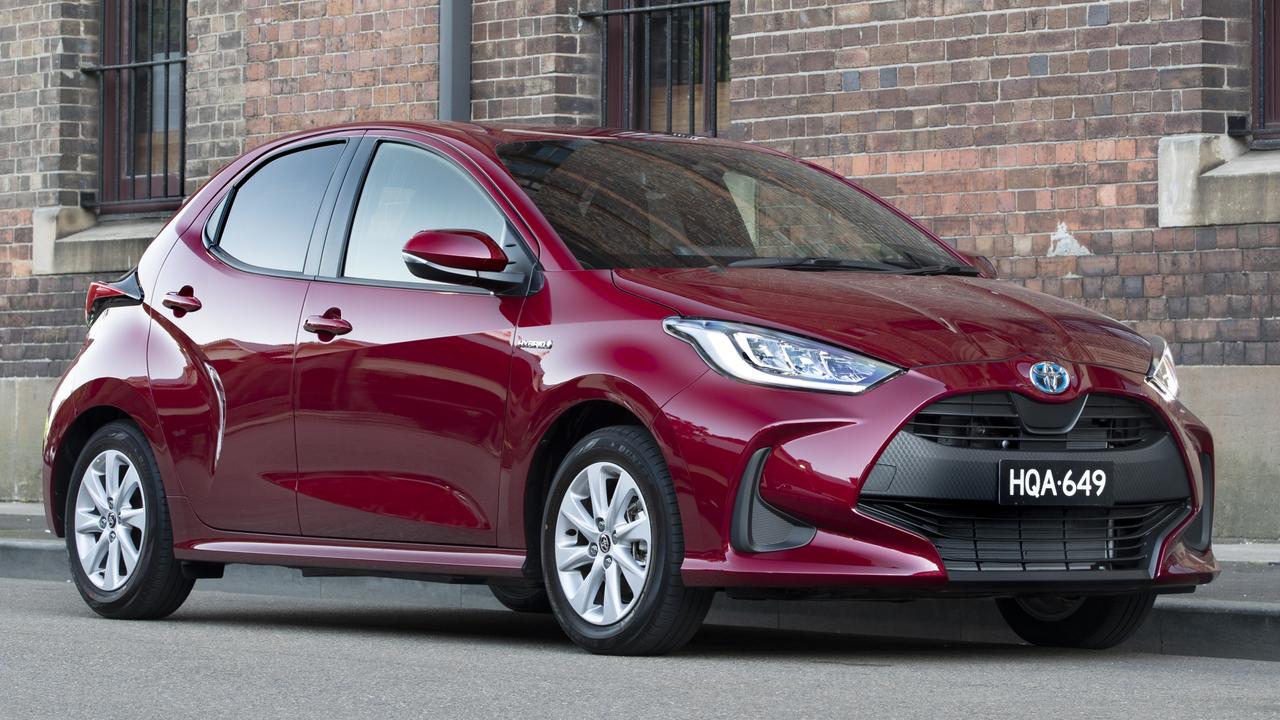
Earlier this month, it issued a warning for more than 600 Kluger large SUVs with a potentially faulty airbag wiring harness that could result in the airbag not deploying.
The spate of recalls is embarrassing for the brand, which has built a well-earned reputation for quality, durability and reliability.
It continues a tough year for Australia’s favourite car maker, which has been plagued by supply issues that have resulted in delivery waiting times blowing out to more than two years for some popular models.
Last week, the maker was forced to pause order taking for the Toyota Camry hybrid sedan “due to extraordinary demand”.
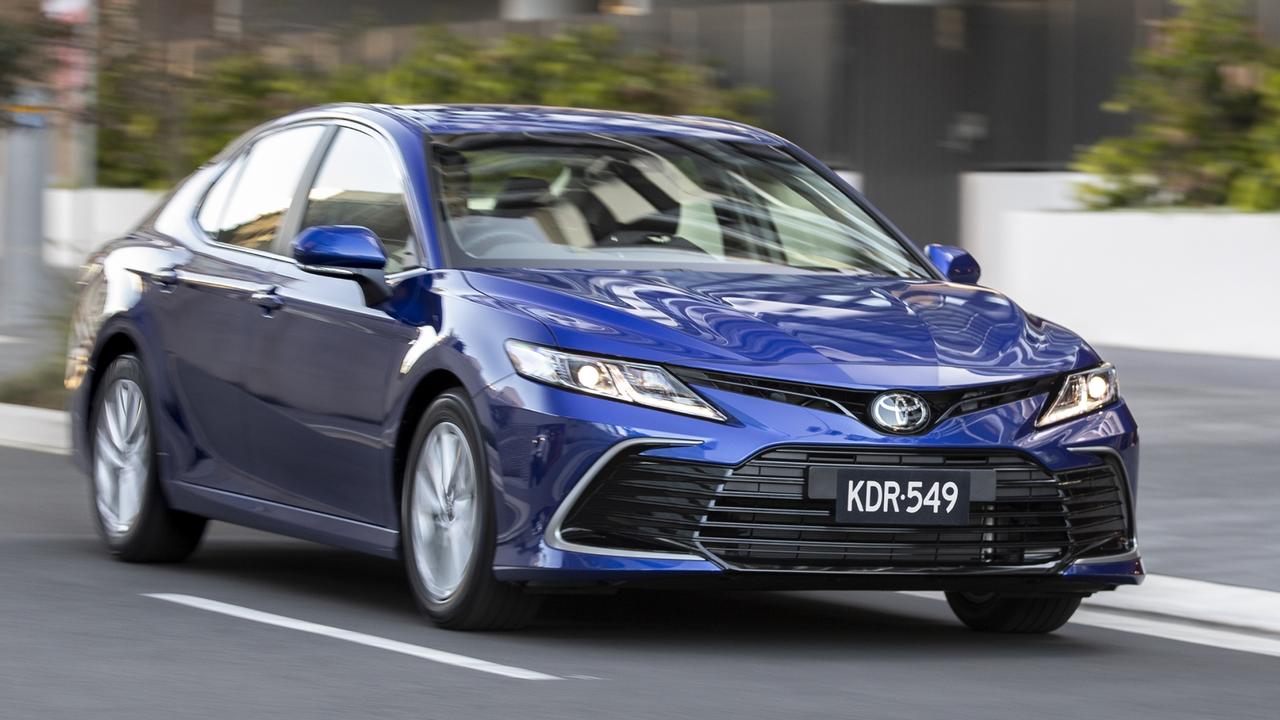
In a statement, the company said: “Despite substantially improved supply since May across most of Toyota’s new-vehicle range, including Camry hybrid, the broad appeal and high level of orders for these fuel-efficient cars has resulted in customer wait times remaining above two years.”
Toyota vice president of sales and marketing Sean Hanley said the order pause demonstrated a commitment to transparency.
“I want to assure all Toyota customers that we are doing everything possible to increase supply for Australia and to expedite delivery of vehicles as they arrive,” he said.
“Our global production teams have consistently adopted countermeasures that have improved the supply of components affected by global shortages, such as semiconductors,” he said.
The supply shortages have affected the company’s sales results in the first nine months of this year.
Australians are expected to buy a record number of new cars this year, as sales climb by 11 per cent over the same period last year. In contrast, Toyota sales are down by more than 12 per cent.


